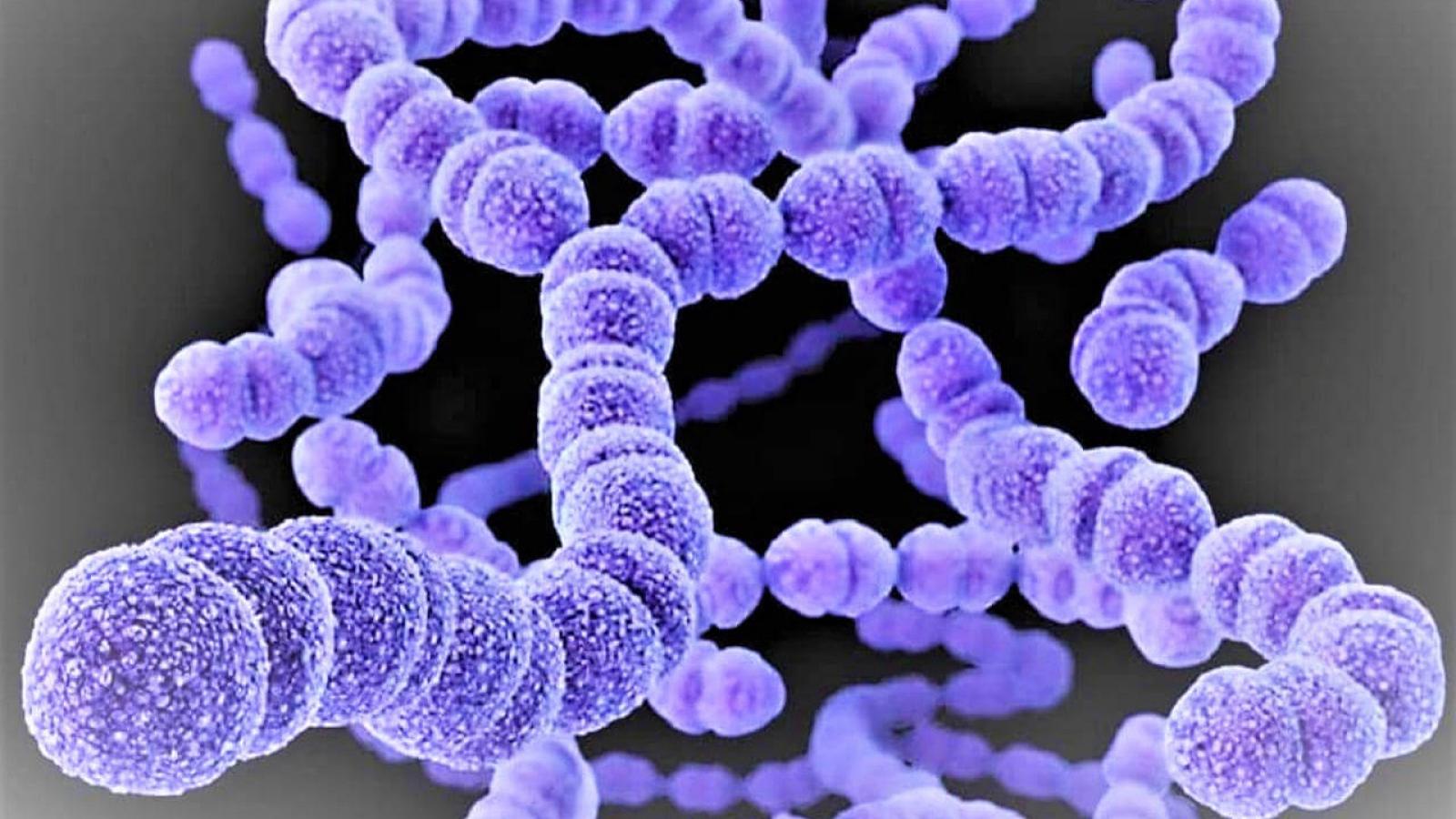The surprising effectiveness of this simple dietary supplement against bacterial resistance
Follow us on Google News (click on ☆)
In Applied and Environmental Microbiology, they reveal that zinc could inhibit this gene transfer between microbes. This resistance mechanism relies on plasmids, small circular DNA elements.

Antimicrobial resistance poses serious public health issues, with thousands of deaths each year. These infections often occur after bacteria acquire multiple resistance, making them harder to treat. The researchers hope to slow this spread by blocking the transfer of plasmids.
During a study on chickens, the team noticed that some oral treatments reduced the number of plasmids in the animals' gut microbiota. This discovery led the team to test commonly available substances, such as zinc supplements.
The researchers then tested various products on bacterial strains, observing a marked reduction in plasmid transmission with the addition of zinc. The higher the dose of zinc, the more the transmission decreased.
However, an unexpected phenomenon was observed. Previous research had shown that certain heavy metals, like copper or cadmium, could promote the transfer of antibiotic-resistant genes. This left scientists puzzled by the results seen with zinc.
To understand what was happening, the researchers analyzed in detail the effect of zinc on the plasmid transfer mechanism. They found that zinc caused a sort of "overload" in the gene replication process, which ultimately blocked the transfer of a plasmid to another microbe. At the same time, zinc also disrupted the production of certain specific proteins, crucial for forming the "bridges" between bacteria, structures necessary for genetic material exchange.
Result: the overall process of plasmid transmission was blocked.
The team's next steps include animal trials to confirm if these results hold under real conditions. This discovery could potentially open a new avenue in the fight against antimicrobial resistance.
What is bacterial conjugation?
Bacterial conjugation is a process by which a bacterium transfers part of its DNA to another bacterium. This transfer occurs via plasmids, which are small pieces of circular DNA separate from the main chromosome.
This process happens through physical contact between two bacteria. A "bridge" forms, allowing the plasmid to pass from one cell to the other. This mechanism is one of the primary ways by which antibiotic resistance genes spread.
Conjugation is a fast and efficient way for bacteria to acquire new genetic characteristics, including resistance to multiple antibiotics, complicating their elimination.